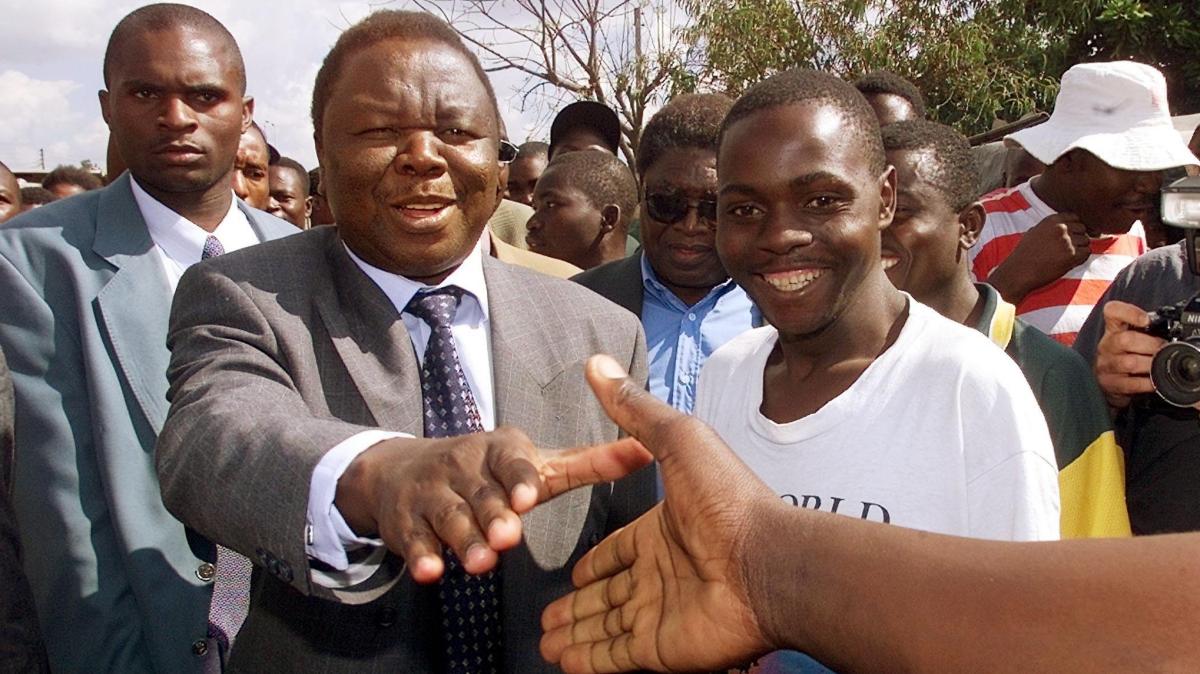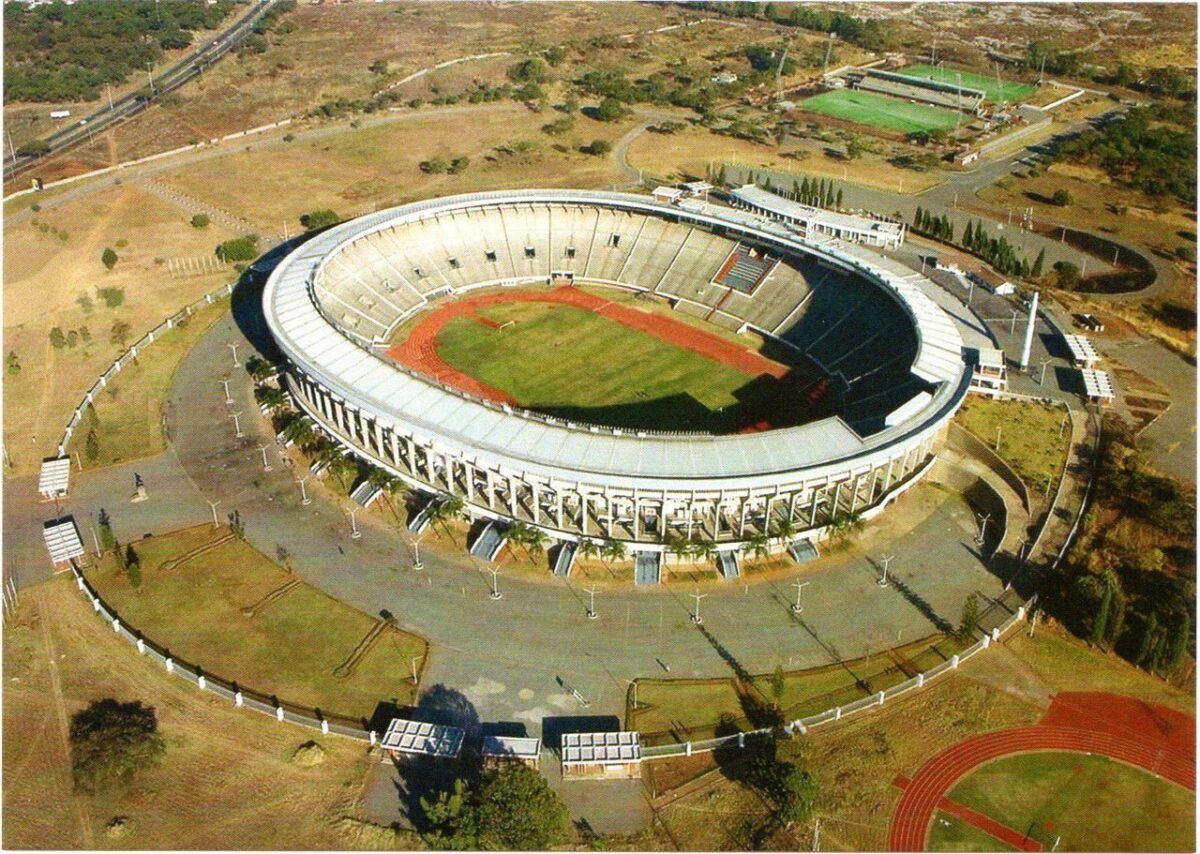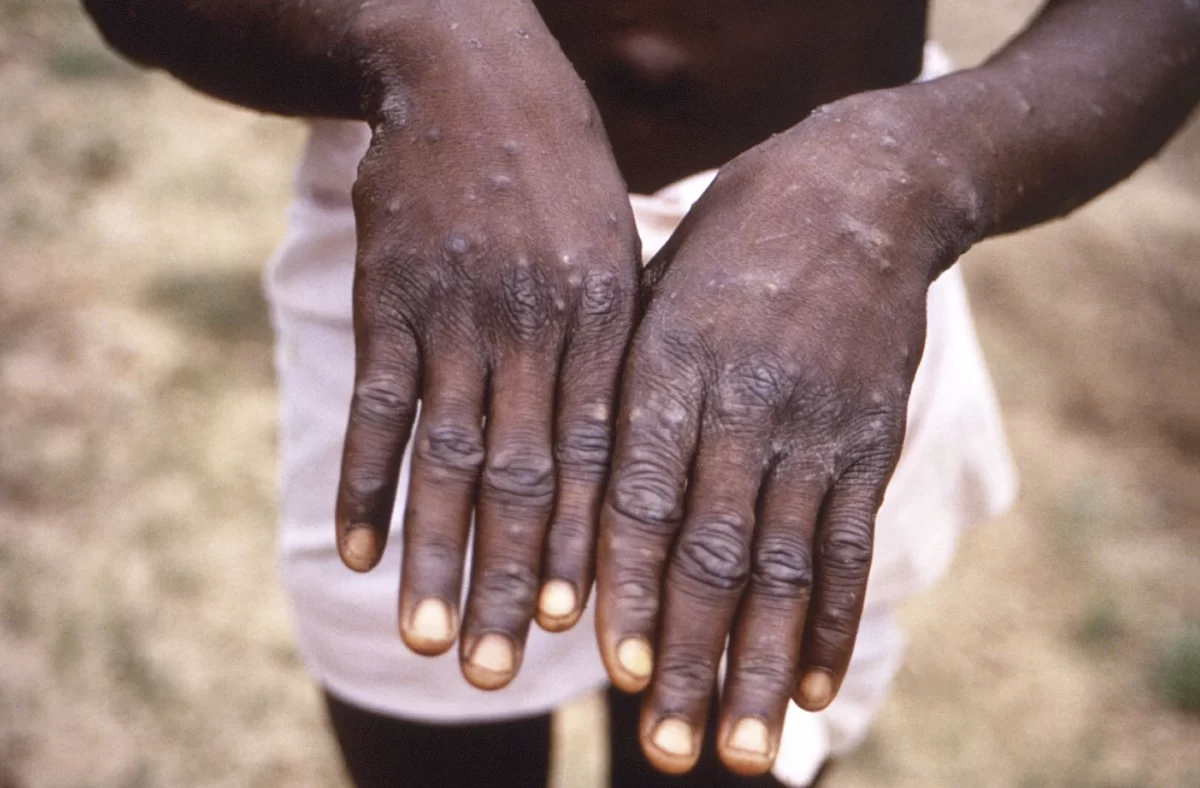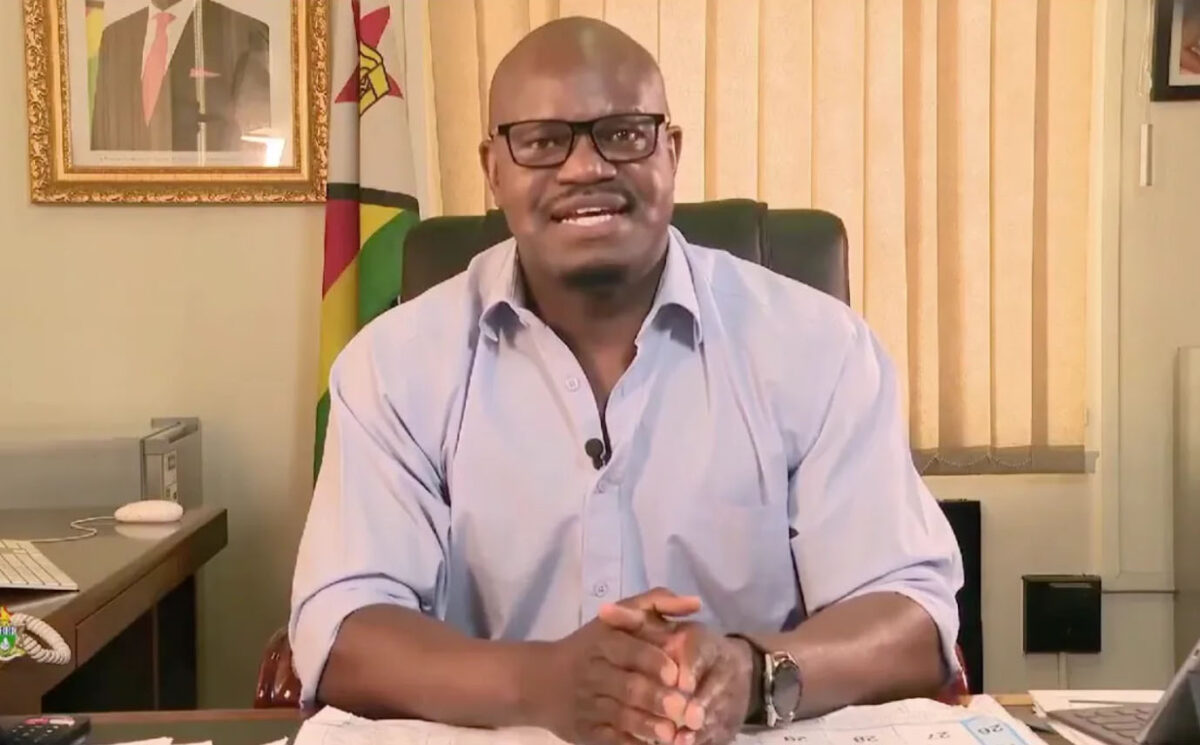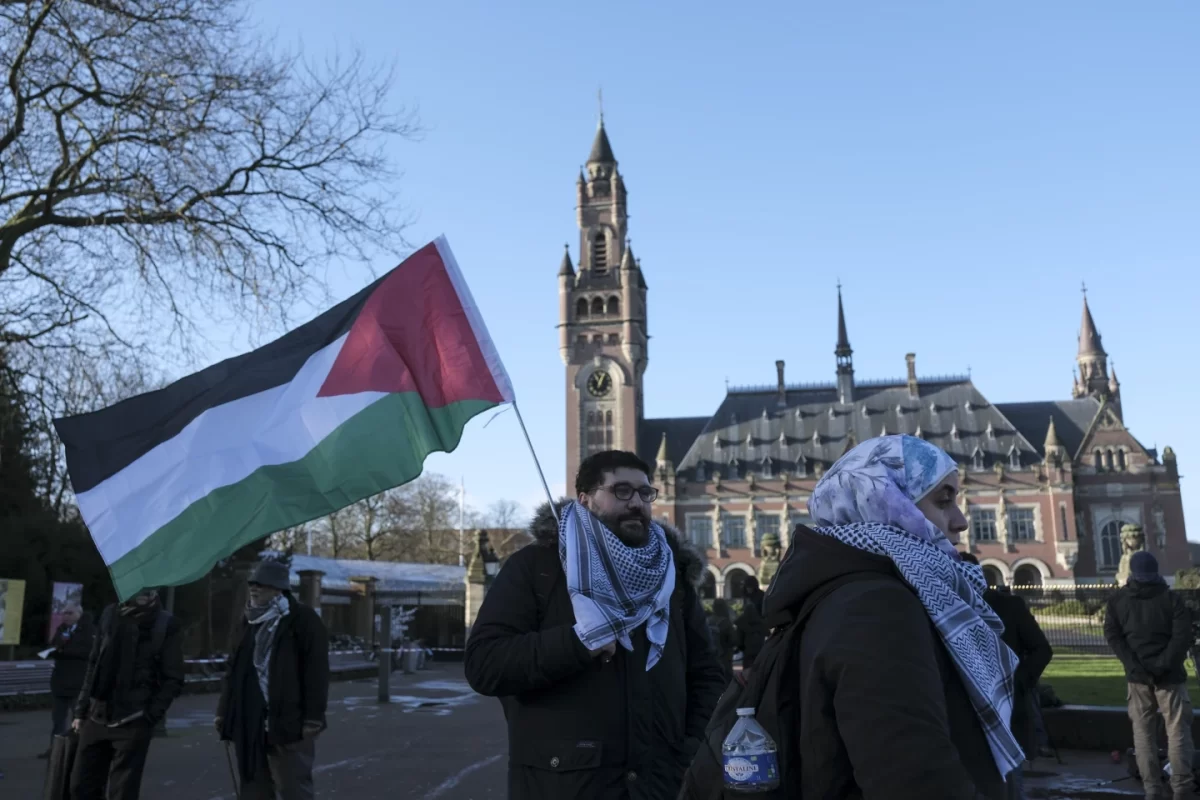ON February 4, 2017, as editor of the Daily News, I sat down for an interview with the late Movement for Democratic Change (MDC) leader Morgan Tsvangirai. Reporter, Mugove Tafirenyika, accompanied me.
Elections were beckoning in 2018 and Tsvangirai spoke passionately about the MDC Alliance, a united force that he thought would pose a formidable challenge to Zanu PF.
Unfortunately, Tsvangirai died on February 14 the next year, a few months shy of the election he so desperately wanted to win as leader of the MDC Alliance. Nelson Chamisa, one of his three deputies, now carries that torch, albeit under a different name.
In the interview, where Tsvangirai was accompanied by his spokesperson Luke Tamborinyoka, the former trade unionist talked about his hopes and fears for the future of his party. Chamisa, he said, carried that hope. He worried about Douglas Mwonzora, then a party general general.
He was right. Today, Mwonzora has turned out to be the undertaker of a party Tsvangirai so dearly loved.
So passionate was Tsvangirai about the MDC Alliance dream that he must be turning in his grave now that Mwonzora seems to have become a trojan horse for Zanu PF’s goal to decimate the once vibrant opposition party. The MDC Alliance today stands in ruins, with Mwonzora as its pliant leader, eager to pander to Zanu PF’s every whim.
First, let me deal with the interview we had with the late MDC icon.
Tsvangirai told us that the only way to beat Zanu PF was to ensure that opposition parties formed a broad-based alliance to take on President Robert Mugabe, in power then.
“My party has given me the mandate and I’m going to pursue the mandate of ensuring that an alliance is built for the next election. It’s a process, we have already been talking to all different kinds of political parties – Mai Mujuru, Welsh, Ngaribvume, Chikacha, Mbira… all these people I have talked to. The fundamental issue is that the alliance must be based on respect for each other and accepting reality,” he said.
“Accepting reality means that we want to build an alliance that is confident of victory. I know what the national mood is and I’m going to pursue it to its logical conclusion.”
By the time the election was held, both Tsvangirai and Mugabe were out of the picture. Mugabe had been toppled by the military and replaced by his long-time hatchet man, Emmerson Mnangagwa in November 2017. He was living out his last days as a bitter man at his Borrowdale mansion.
Tsvangirai died from cancer of the colon in February 2018, just five months shy of the election. He could see Canaan, but like Moses in the Bible, he would not get there with his people.
In truth, internal fissures in the MDC started when Tsvangirai was still alive. Thokozani Khupe was no longer attending MDC meetings and had spent close to a year without talking to Tsvangirai. Khupe only emerged when Tsvangirai died and even rushed to South Africa to accompany the corpse back home. That’s a story for another day.
I specifically asked Tsvangirai how he expected the alliance to succeed when one of his own vice presidents was opposed to the project.
“Let me tell you one thing,” he said gently. “As president, I’m in charge of policy. The party has mandated me to negotiate. Khupe is speaking in her personal capacity. These are personal views, don’t mix up personal views and policy.”
Mugove asked Tsvangirai about the progress in bringing Tendai Biti and his breakaway party to the table. “It is still work in progress,” he responded.
I would meet Tsvangirai several other times before his death, the last time being a few weeks before his death, for both off-the-record briefings and formal interviews. The man remained loyal to the MDC Alliance, although some – like Joice Mujuru – refused to join because they wanted to come to the negotiating table as equal partners.
“It’s very unrealistic to come to the table as equal partners when we are not. You’re punching above your weight. But respectfully, we can’t be equal when we’re not.”
I must say besides Chamisa, one of the people who became close to Tsvangirai and who had resolved to make sure the MDC Alliance succeeded was Welshman Ncube. Give it to him. Ncube stood by Tsvangirai, especially during the last days.
Khupe at the time had completely blocked communication with Tsvangirai because of her gripe with the alliance negotiations and the elevation of Chamisa and Elias Mudzuri to the party vice presidency.
He told me that it was sad that “one of my boys”, referring to Biti, was yet to come on board but was positive that the firebrand lawyer would eventually join.
As Tsvangirai’s condition deteriorated and he sensed a need to sort out the succession issue, he decided to appoint Chamisa as leader of the Alliance and then acting president of the MDC. Khupe was no longer participating in MDC processes. Like any fighter, Tsvangirai was optimistic that he would fully recover to take on Zanu PF in the 2018 elections. In Chamisa, he saw someone strong and popular in the party to carry the torch while he recuperated.
I asked him why he had opted for Chamisa ahead of Mudzuri and Khupe. His response was blunt. He said he regretted helping Mwonzora win the secretary general’s post over Chamisa and needed to correct his mistake hence Chamisa’s appointment to the top post.
He emphasised that he knew that the youthful politician was very popular among the party’s rank and file but was intensely disliked by some senior politicians in the MDC because they believed he was too young to lead them.
Initially, Tsvangirai had decided that Mudzuri act as president of the party with Chamisa in temporary charge of the Alliance. But after realising that the arrangement could create problems for Chamisa, he decided to make sure the youthful politician acted as leader in both positions. In any case, during the discussions on the formation of the Alliance, Tsvangirai would be accompanied by Chamisa.
His disdain for Mwonzora was intense. Tsvangirai would prefer to spend time with Ncube and Chamisa than his party’s secretary general at the time.
He revealed to me in the presence of then spokesman Luke Tamborinyoka that Mwonzora could no longer be trusted as he had sold out to a faction of Zanu PF. He said he had been briefed that Mwonzora had held meetings with the faction’s representatives during some parliamentary business in West Africa to convince Tsvangirai into a political arrangement with Zanu PF. Mwonzora’s attempts to sell the idea to Tsvangirai failed, but in him, Zanu PF had found an inside man through whom it would channel the poison to destroy Tsvangirai’s seed.
For Tsvangirai, the agony is lightened by the fact that Nelson Chamisa, the man he anointed to lead the charge against Zanu PF, is busy doing just that. His political project may be now known as Citizens Coalition for Change and wears yellow instead of red, but the vision remains the same, and in trusted hands too.
Rest in Peace Morgan. The dream lives on.
Stanely Gama is the former editor of The Daily News

